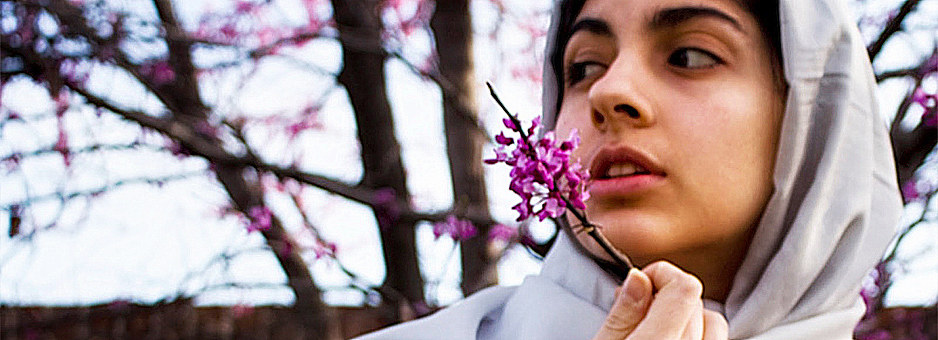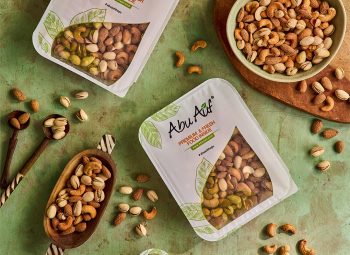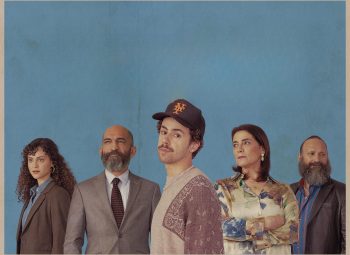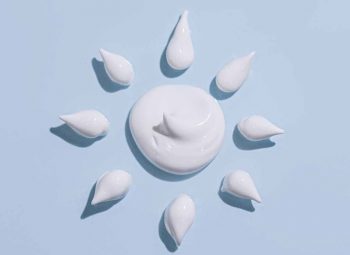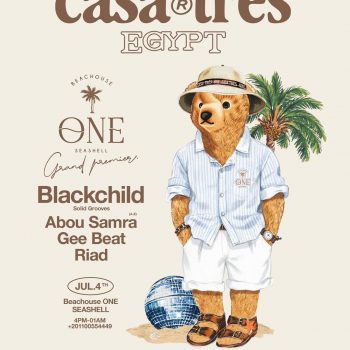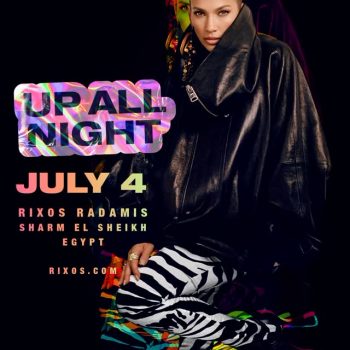Over the past few years, the amount of women who make the decision to take off the hijab has been increasing. In Egypt, women who wear the hijab have faced discrimination in terms of what jobs they can apply for, venues they are not welcome at, being overlooked as a potential spouse and even where they can go on holiday within country. There are even those who view the veil as an indication of one’s class.
There is much misunderstanding about hijab and how women relate to it. A lot of people assume that individuals who cover were forced to by their families, and not of their own choosing, while the reality is quite contrary. Some, of course, choose to cover for religious reasons, whereas others do it for cultural reasons or even as a form of political rebellion.
We decided to ask women of varying ages and socioeconomic standings in Egypt why they choose to wear hijab. Here’s what they said:
“ I wore it when was 13 years old because I had always been told that it is the right thing to do as a Muslim, but also, I didn't like how a woman's appearance is given so much weight. About three months ago I started thinking of taking it off, but I chose to keep it because I remembered who I was when I first wore it; I rejected objectification. Why should that change now? If my belief becomes an obstacle, I don’t need to let go of it to please people.” – Nouran O.
“I don't call my turban hijab, but I hope I can start wearing hijab in its right ways— meaning long, loose clothing etc. I've been covered for the past 11 years. There were so many times when I felt like I should take it off, and that doing so won't change anything in me or my relationship with God and that it's not an indication of how religious I am. But recently with my illness I've seen a different side of myself that doesn't want to take it off whatsoever— a side that believes taking off my headscarf would be something trivial. God has been with me through my illness and still supports me and keeps me strong, ‘fa 3aib’ I repay him by taking it off. Allah brought me closer to him.” – Sara E.
“I did it because I was taught that a woman should not show anything to men except her face and hands. I don't see a reason for me to take it off; I'm not under any pressure, even if other girls feel it’s hard to keep on nowadays, I personally don't find it hard.” – Rawya R.
“At times there's a nanosecond where I feel like, ‘man I wish I could just go out straight away without having to grab my cardigan and scarf’ etc, but that is normal given that our faith is not always constant. It'll always have its highs and lows, and that is considered as a test for us. I find that if one is truly sincere enough in wearing it, God will always guide her in finding a way to adapt to any situation without having the need to take it off.” – Nur A.
“I feel bad for people who are unable to wear it and who are taking it off. I think some of them get caught up in self image or become fearful when it becomes difficult to keep it on. But hijab wasn’t meant to be easy. Our religion was based on struggle and trust and that is what gives me the strength to look past the hatred and animosity towards hijab.” – Hend A.
“It hurts me that I'm being discriminated against in my own country (I have faced career-related issues due to hijab as an architect). I never saw it as an obstacle of what I want to do in life, but taking it off is off the table for me. I'm not as conservative as I was before, but it still hasn't changed my perception of it as a part of my identity.” – Hemmat F.
“It feels like I've reached a point where it’s not just something that covers my hair, it’s a part of me; without it I'd feel lost.” – Mariam H.
“It's a very strong bond between me and Allah – as if I’m telling him ‘I fully trust you with whatever you want me to do because you're the one who created me and you know what's best for me’. There are times that I feel weak, but I guess the bond is much stronger. There’s nothing worth removing it for.” – Eman H.
“I have this conversation almost every day: ‘Oh your hair is so beautiful, I like it so much! Why do you have to put hijab/ this thing/ what is it called?/scarf... on?’ It's not that "I have to", it's that I want to. Hijab is my identity; it is part of who I am. Anyone is mistaken if they think that it's only about covering, because the meaning of hijab is way beyond that. It is not a way of dressing, it's a way of conducting oneself. It's a crystal clear symbol informing people to deal with me for who I am, not only for how I look. I set the rules; I say who sees what, when and why.” – Basmat Al-Sabbah F.
“I wanted my actions to be in harmony with my beliefs. At times it wasn’t easy at all, I was under so much pressure and had some doubts about it. Many of my friends tried to convince me that it is not obligatory, and I was about to take it off. Also, I didn’t attend many of my close friend's birthdays because the places were prohibiting headscarves. But I decided to get advice and listen to my instincts. Hijab reminds me every time I wear it that I should be modest and true to my beliefs.” – Salma O.
“Although my family are religious, they never forced me to put it on. I came to the realisation that this dunya [life] is nothing but a test and that nothing really matters material-wise; I was so aware of the akhra [day of judgment] that it overcame my love for dunya. But that doesn’t mean that I don’t have those days where I like how I look with my hair—but I take a couple of minutes to remind myself of why I’m wearing the hijab in the first place and it takes me like 2 seconds for that feeling to go away. I feel protected in my hijab and my modest wardrobe. Some older women and even young ones tend to tell me that I should look good for guys and to get married and all that nonsense. But I feel like the hijab protects you most of the times from guys who aren’t serious and are just looking for fun.” – Nourhane M.
“Hijab is sometimes the only constant I can hold on to when I’m on a spiritual low. I wore it over a year ago, just before uni , and it was the most sudden decision because I wasn’t one to think about this at all. I literally wore it after a bad/serious dream. Ever since, the hijab has been reshaping me, broadening my thinking and deepening my capacity to feel. Choosing to stand out from the majority has boosted my own confidence and taught me how to value myself. It's the feeling of being noticed and remembered just because of your hijab. And at times when there's discrimination, you train yourself to really stand up for something you believe in. It has its ups and downs, but overall I cannot deny how much this one decision is moulding me into a person I want to become.” – Hana E.
“When I put it on, hijab literally became part of my personality. Subconsciously, I learnt that by putting it on I have declared to the world that I am a representative of Islam. My life, from then on, became an incessant process of my trying to live up to the image of a contemporary, respectful Muslim woman (aka a normal 2016 woman with specific standards and beliefs). Correct hijab is a challenge that I am always taking part in, one that is extremely emotionally rewarding. Do I always win at that challenge? No. But I try. I will never understand how some view hijab as a reduction in beauty, turning beauty into a shallow concept.” – Rawan S.
“I wear it to give me boundaries of what is expected behaviour-wise and obligation-wise. It keeps my temptations at bay. I don't wear it so guys don't stare or to avoid the random harassment, I honestly wear to try to be a better person.” – Emily H.
Everyone has their own reasons for wearing hijab, and their own style of doing so, be it niqab, Spanish-style, a 'tar7a' or turban.
Why do YOU wear hijab? Let us know in the comments!
__________
By Salma Thanatos Rizk
* The opinions expressed in this article do not reflect those of the author or Cairo Gossip.
** Quotes have been edited for length and clarity.

